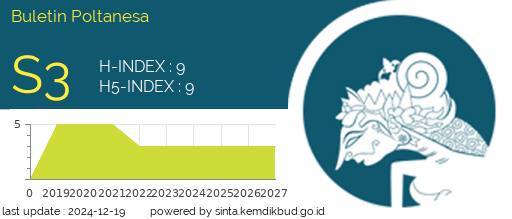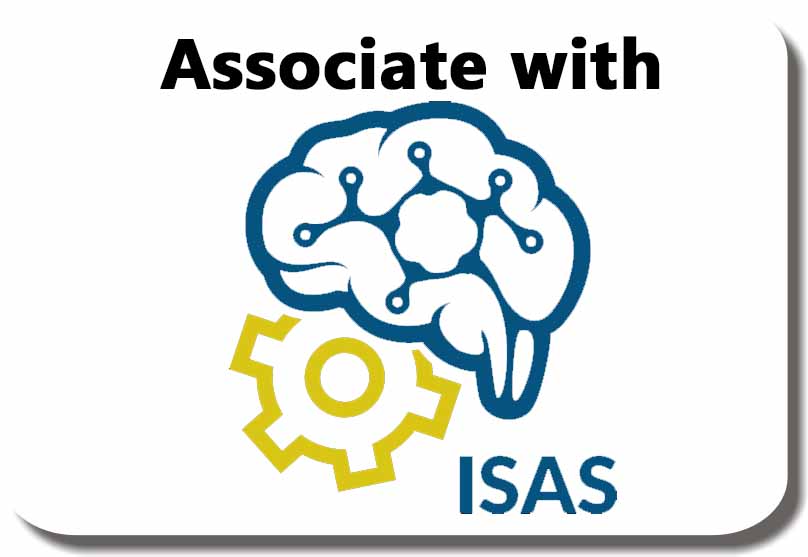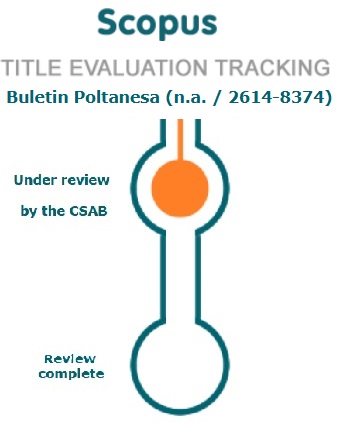Application of Principles of Philosophy of Science in Improving the Effectiveness of Education Management in Madrasah Aliyah Fathur Rahman Batu Sopang
DOI:
https://doi.org/10.51967/tanesa.v24i2.2945Keywords:
Philosophy, Effectiveness, Education, ManagementAbstract
This research aims to elucidate and critically assess the application of principles outlined in the Philosophy of Science as a foundational framework to enhance the efficacy of educational management at Madrasah Aliyah Fathur Rahman Batu Sopang. Positioned as a comprehensive paradigm, the Philosophy of Science serves as a guiding compass and philosophical underpinning for educational development within the confines of the mentioned madrasa. Utilizing a qualitative research approach with a case study design, the study employs in-depth interviews, observational techniques, and document analysis as principal methods of data collection. The findings reveal how the intrinsic principles of the Philosophy of Science, including objectivity, the scientific method, and the nexus between knowledge and reality, are assimilated and operationalized across diverse facets of educational management within Madrasah Aliyah Fathur Rahman. The analytical framework also examines responses and the consequential impact of applying these principles on overall educational management effectiveness, encompassing leadership dynamics, decision-making processes, and enhancements in pedagogical quality and the learning environment. The application of the philosophy of science and the principles of Islamic education creates a robust foundation for the development of a holistic and effective educational system. Implementing the philosophy of science, with a focus on objectivity, scientific methods, and the interconnectedness between knowledge and reality, provides a profound philosophical basis for the learning process. These principles align with Islamic values that emphasize the importance of knowledge, justice, and the harmony between reason and revelation. Through the integration of the philosophy of science in Islamic education, the learning process can become more rational, purposeful, and responsive to the spiritual and intellectual needs of students. Thus, the application of the philosophy of science can assist in formulating teaching methods and managing Islamic education that is not only based on faith but also utilizes scientific principles to achieve a deeper and sustainable understanding.
References
Achmad, F. (2019). Filsafat Ilmu. ANTARA TEORI DAN PRAKTEK, 103.
Alawiyah, F. (2014). Pendidikan madrasah di Indonesia. Aspirasi: Jurnal Masalah-Masalah Sosial, 5(1), 51–58.
Anisa, C. A. (2021). Tingkat manajemen dan manajer beserta fungsi-fungsi manajemen. Leadership: Jurnal Mahasiswa Manajemen Pendidikan Islam, 2(2), 150–164.
Endraswara, S. (2021). Filsafat Ilmu. Media Pressindo.
Fikri, M. (2017). Konsep Pendidikan Islam; Pendekatan Metode Pengajaran. Jurnal Ilmiah Islam Futura, 11(1), 116–128.
Giri, I. M. A. (2016). Supervisi pendidikan dalam peningkatan mutu pendidikan di sekolah. Jurnal Penjaminan Mutu, 2(1), 44–53.
Hardanti, B. W. (2020). Landasan ontologis, aksiologis, epitesmologis aliran filsafat esensialisme dan pandanganya terhadap pendidikan. Reforma: Jurnal Pendidikan Dan Pembelajaran, 9(2), 87–95.
Karmila, K., Fauziah, N., Safira, E., Sadikin, M. N. A., & Wardhana, K. E. (2021). Diskriminasi Pendidikan Di Indonesia. EDUCASIA: Jurnal Pendidikan, Pengajaran, Dan Pembelajaran, 6(3), 191–203.
Marlinton, M. M., Herlina, H. H., Suraidah, S. S., Puspita, Y. P., & Efendi, D. E. (2022). Filsafat Ilmu dan Ilmu Pendidikan. Syntax Idea, 4(7), 1122–1130.
Mulyasa, H. E. (2022). Manajemen pendidikan karakter. Bumi Aksara.
Na’im, Z., Yulistiyono, A., Arifudin, O., Irwanto, I., Latifah, E., Indra, I., Lestari, A. S., Arifin, F., Nirmalasari, D., & Ahmad, S. (2021). Manajemen Pendidikan Islam.
Noor, T. (2018a). Rumusan tujuan pendidikan nasional pasal 3 undang-undang sistem pendidikan nasional No 20 Tahun 2003. Wahana Karya Ilmiah Pendidikan, 2(01).
Noor, T. (2018b). Rumusan tujuan pendidikan nasional pasal 3 undang-undang sistem pendidikan nasional No 20 Tahun 2003. Wahana Karya Ilmiah Pendidikan, 2(01).
Pananrangi, H. A. R., & SH, M. P. (2017). Manajemen Pendidikan (Vol. 1). Celebes Media Perkasa.
Praja, J. S. (2020). Aliran-aliran filsafat & etika. Prenada Media.
Pristiwanti, D., Badariah, B., Hidayat, S., & Dewi, R. S. (2022). Pengertian Pendidikan. Jurnal Pendidikan Dan Konseling (JPDK), 4(6), 7911–7915.
Rofiq, M. N. (2018). Peranan filsafat ilmu bagi perkembangan ilmu pengetahuan. FALASIFA: Jurnal Studi Keislaman, 9(1), 161–175.
Saebani, B. A. (2013). Filsafat Ilmu: Kontemplasi Filosofis Tentang Seluk-Beluk Sumber dan Tujuan Ilmu Pengetahuan.
Sairah, A. R. (2021). Prinsip-Prinsip Kemunculan Disiplin Ilmiah dalam Pemikiran Wilhelm Wundt (1832-1920) tentang Psikologi. Jurnal Filsafat, 31(2), 163–191.
Situmeang, I. R. V. O. (2021). Hakikat Filsafat Ilmu dan Pendidikan dalam Kajian Filsafat Ilmu Pengetahuan. IKRA-ITH HUMANIORA: Jurnal Sosial Dan Humaniora, 5(1), 1–17.
Sujana, I. W. C. (2019). Fungsi dan tujuan pendidikan Indonesia. Adi Widya: Jurnal Pendidikan Dasar, 4(1), 29–39.
Widyawati, S. (2013). Filsafat ilmu sebagai landasan pengembangan ilmu pendidikan. Gelar: Jurnal Seni Budaya, 11(1).
Downloads
Published
How to Cite
Issue
Section
License
Copyright (c) 2024 Buletin Poltanesa

This work is licensed under a Creative Commons Attribution-ShareAlike 4.0 International License.
The copyright of this article is transferred to Buletin Poltanesa and Politeknik Pertanian Negeri Samarinda, when the article is accepted for publication. the authors transfer all and all rights into and to paper including but not limited to all copyrights in the Buletin Poltanesa. The author represents and warrants that the original is the original and that he/she is the author of this paper unless the material is clearly identified as the original source, with notification of the permission of the copyright owner if necessary.
A Copyright permission is obtained for material published elsewhere and who require permission for this reproduction. Furthermore, I / We hereby transfer the unlimited publication rights of the above paper to Poltanesa. Copyright transfer includes exclusive rights to reproduce and distribute articles, including reprints, translations, photographic reproductions, microforms, electronic forms (offline, online), or other similar reproductions.
The author's mark is appropriate for and accepts responsibility for releasing this material on behalf of any and all coauthor. This Agreement shall be signed by at least one author who has obtained the consent of the co-author (s) if applicable. After the submission of this agreement is signed by the author concerned, the amendment of the author or in the order of the author listed shall not be accepted.









